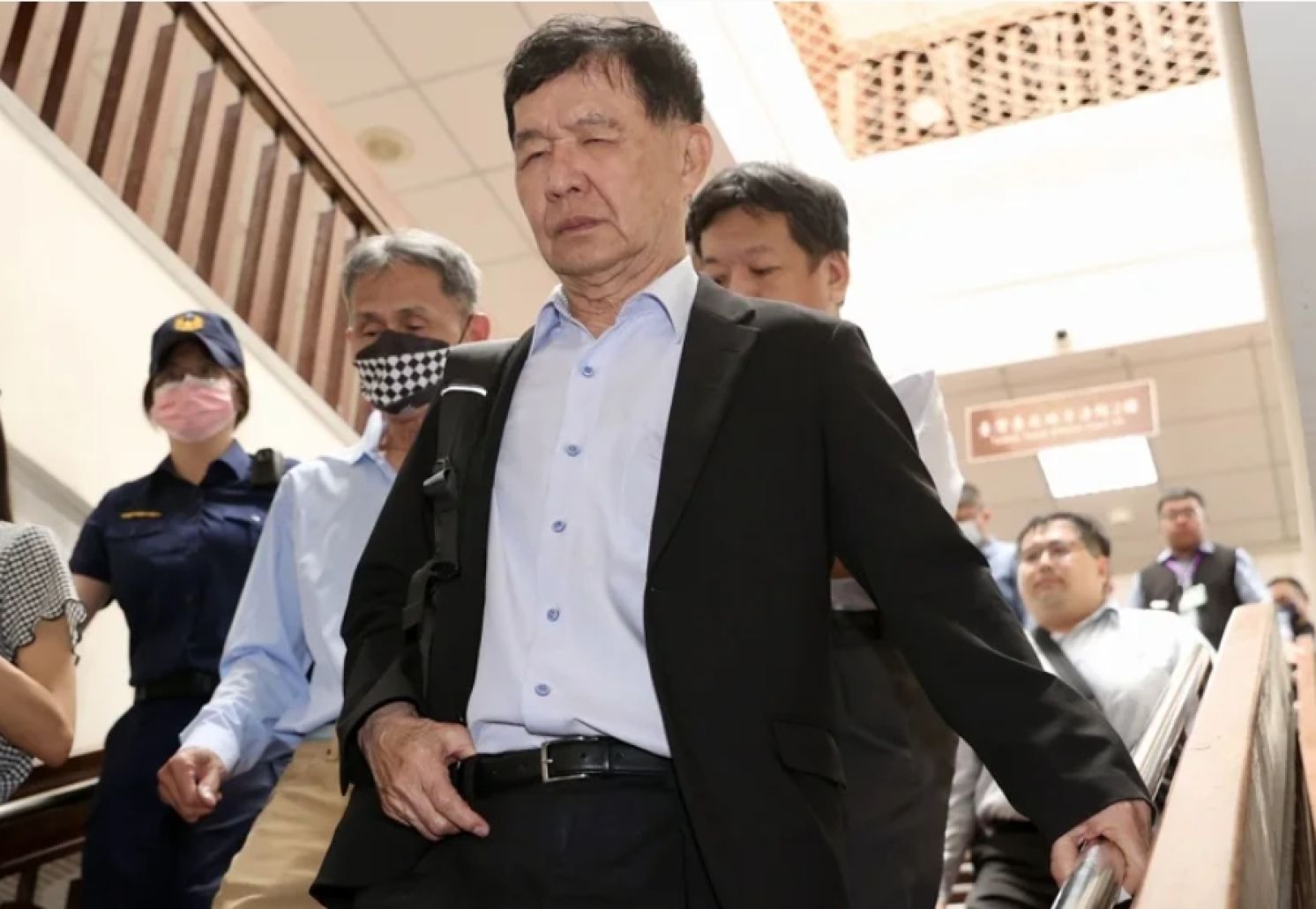
Ko's Case Led to a Death, Shattering Illusion of Judicial Human Rights
China Times Editorial, July 2, 2025
Since August last year, Taiwan's judicial system has been under intense public scrutiny following aggressive investigations into the controversial Living Mall development project in Taipei. The case, which implicates former Taipei Mayor and 2024 presidential candidate Ko Wen-je, has ignited heated debate over the integrity of the judiciary—particularly as prosecutors stand accused of coercive interrogation tactics and political motivations.
The controversy reached a dramatic peak when former Taipei Deputy Mayor Peng Chen-sheng, a key figure in the case, broke down in court after learning of the sudden death of his wife. “What has this country become?” he cried, questioning the conscience of the prosecutors. While the timing of the tragedy and his court appearance may be coincidental, Mr. Peng’s emotional outburst has cast a long shadow over the case, further eroding public confidence in Taiwan's judicial institutions and exposing cracks in the ruling Democratic Progressive Party’s (DPP) stated commitment to due process and human rights.
The heart of the case centers around allegations that Mr. Ko abused his authority to approve excessive floor area ratios (FAR) for the Living Mall development project. Although prosecutors reportedly found no direct evidence of bribery involving Mr. Ko, Mr. Peng’s confession—given while in detention—became a critical piece of evidence in the case against him.
Mr. Peng, who initially denied wrongdoing, changed his plea during pre-trial detention. His subsequent comments, particularly his claim that he confessed merely to secure bail and reassure his ailing wife, have raised concerns over whether his statement was made voluntarily. These claims have fueled suspicion that the prosecution may have resorted to “coerced confessions”—a tactic long criticized by human rights advocates.
What makes the case even more politically charged is the scale of the investigation. The Taipei District Prosecutors Office deployed eight prosecutors, along with agents from the Bureau of Investigation and the Agency Against Corruption, Ministry of Justice. While the original complaint reportedly came from Taipei City Councilor Chung Hsiao-ping, the scope of the probe expanded well beyond the Living Mall case to include campaign donations and multiple municipal government projects tied to Mr. Ko's administration—drawing comparisons to Taiwan's now-defunct Special Investigation Division, which famously targeted former President Chen Shui-bian.
Critics argue that the case is a political witch hunt disguised as a corruption probe. During the prosecution of Chen, the DPP demanded strict adherence to procedural justice and human rights protections, particularly since Chen was a former head of state. The same party now in power, under President Tsai Ing-wen, once held a National Judicial Reform Conference to champion human dignity and fairness in the legal system.
Yet in the current case, not only has media been granted access to investigation details—potentially shaping public opinion before trial—but the prosecutors have continued to pursue pre-trial detention for Mr. Ko and others even after issuing indictments. These actions have led critics to accuse the judiciary of becoming a political instrument aimed at ending Mr. Ko’s political career by legal means.
Mr. Ko himself has endured personal tragedies during the ordeal. His father passed away during the investigation, and Mr. Ko was unable to be by his side. Meanwhile, Mr. Peng’s wife, a quiet but unwavering supporter during her husband’s legal battle, passed away unexpectedly. Her death has left Mr. Peng overwhelmed with guilt—his courtroom sobs and accusations echoing in a society already wary of prosecutorial overreach. The Taipei District Prosecutors Office, for its part, has remained silent, prompting critics from the Taiwan People’s Party to accuse them of "cold-blooded indifference" and liken the judiciary to a soulless machine wielded as a political weapon.
This is not the first time Taiwan’s judiciary has come under fire. Former Minister of Transportation and Communications Kuo Yao-chi, once acquitted in a lower court on bribery charges, was later sentenced to eight years in prison—a ruling she consistently protested as unjust. Despite her battle with cancer and eventual release on medical parole, her request for retrial was denied. She died earlier this year, with family members vowing to fight until her name is cleared.
For ordinary citizens—many of whom may never set foot in a courtroom—the judicial system can be daunting, if not devastating. Prolonged trials and pre-trial detentions can destroy lives and families. This is why modern legal systems increasingly emphasize humane treatment, transparency, and fairness—not only in letter, but in spirit.
In recent months, Taiwan’s prosecutors have drawn criticism for alleged bias—aggressively pursuing opposition recall cases while ignoring similar actions by the ruling party, employing disproportionate pre-trial detentions, and even muting parts of recorded interrogations. Adding fuel to the fire, five Taipei prosecutors were reported dining with senior DPP figure Wu Nai-jen, raising ethical questions about prosecutorial impartiality.
Ironically, current President Lai Ching-te once criticized Taiwan’s judiciary for failing the public, calling it the “last line of defense for justice” during his tenure as Tainan mayor. Now, with the country increasingly polarized, the judiciary is once again being tested. Justice must not only be done—it must be seen to be done.
Without credible evidence and respect for due process, the risk of wrongful convictions looms large. The emotional outcry from Peng may be just one voice, but it resonates deeply in a democracy that prides itself on the rule of law.
From:https://www.chinatimes.com/opinion/20250702004069-262101?chdtv